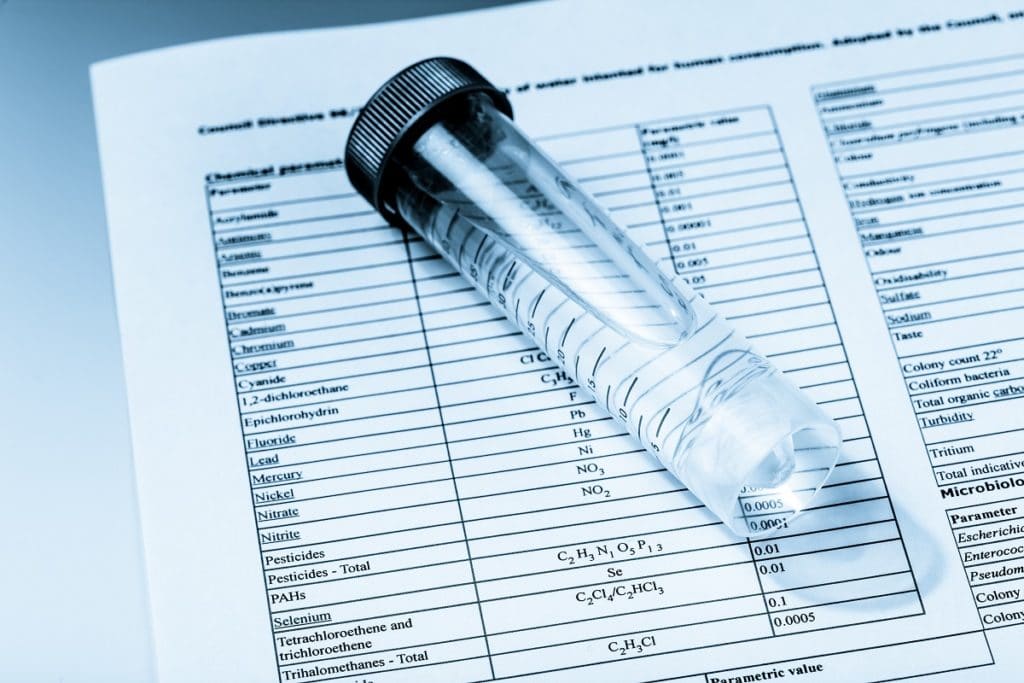There are a wide range of water quality tests used to help determine how safe, or even drinkable, water is to be used in a household setting or otherwise that water test labs perform. These different types of tests help determine if specific materials of contaminants have infected a body of water, and help inform how it needs to be further treated. Here are just a few types of water testing methods.
Bacteria Tests
There are a range of potential bacterial contaminants that can plague water. One of the most common and most looked for is E. coli bacteria, which comes from fecal matter exposure and can result in serious health issues when consumed. Bacteria testing is essential in determining how safe water is to drink or expose to your skin.
Mineral Tests
The list of mineral testing available could be a thesis paper, for how many there are. A few common and important mineral tests include chlorine and chloride, nitrate and nitrite, lead, copper, iron, zinc, potassium, and sodium. This wide range of mineral testing is essential and relevant in determining water quality, as different regions or areas of terrain may have more of a buildup of certain types of minerals, which informs what kind of mineral treatments the water actually needs in order to be purified.
pH Testing
What is pH? If middle school science class feels like an age and a day behind you, here’s a quick reminder. pH is a measure of the concentration of hydrogen ions in a solution. The more of these hydrogen ions there are in a solution, the more acidic that water is. Acidity effects taste of water, but it can also affect how health water is to consume. Drinking water that’s not neutral enough in acidity can make people sick!
Other Types of Testing
There are some basic water tests that don’t have anything to do with chemical testing: conductivity, odor, sediment, and turbidity. Not relevant in all situations, these tests create a measure of the more physical traits of a water sample. Is it clear, or clouded with sand and silt? Does it smell swampy, or fresh? How well does it convey electricity—and what does that say about the mineral content?
Our water testing solutions can help a homeowner, business, contractor or research group understand the water quality that they’re dealing with. Contact us today to get started!

